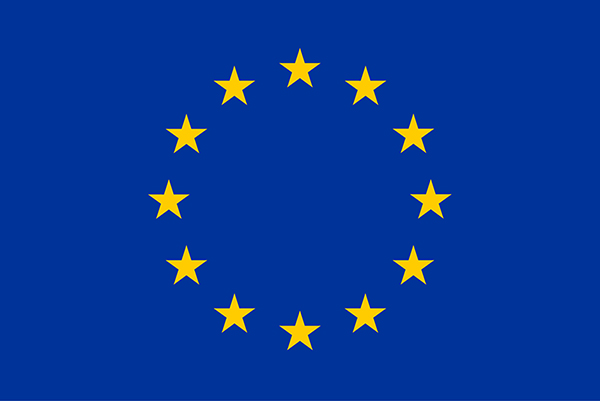
(EN) Webinar on climate services as drivers of value into the Mediterranean wine sector
January 8, 2019 @ 2:30 pm - 3:30 pm
| FreeWine is one of the most representative components of the Mediterranean food-related cultural heritage. It is produced all over the globe, although Europe still retains its traditional leadership role in winemaking – accounting for around 60% of the world’s output. Grape and wine production is heavily affected by weather and climate, thereby is highly vulnerable to climate change.
During this webinar experts will discuss how climate services can help the wine sector cope with climate change and create opportunities. Antonio Graça, Director of Research and Development of the Portuguese winery Sogrape Vinhos, and partner of the MED-GOLD project, will share his insights on how climate services can add value to the wine business.
A panel of experts composed by Dra. Rita Cardoso (Instituto Dom Luiz, Lisbon) and Prof. Dr. João Santos (University of Trás-os-Montes and Alto Douro, Vila Real) will foster the discussion about the influence of Mediterranean climate on the wine sector.
Register here.
The language for this webinar will be portuguese.
+++ IMPORTANT: The time for the webinar is 14.30, Lisbon time (Western European Time)
AGENDA
- 14:30 – Marta Bruno Soares Welcome
- 14:35 – Antonio Graça
Dr. Rita Cardoso Climate Change in Portugal: High Resolution Projections
Prof. João Santos Some research results on the influence of atmospheric conditions on the grapevine
- 15:00 – Moderated by M. B. Soares Panel discussion
- 15:20 – Open Q&A
ABOUT OUR SPEAKERS
- Antonio Graça – Director of Research and Development of the Portuguese winery Sographe Vinhos, and partner of the MED-GOLD project
- Dr. Rita M. Cardoso – is researcher at Institute Dom Luiz, Lisbon. PhD at the School of Earth and Environment, University of Leeds (UK) in 2005. Over the past decade, her research has focused on regional climate modelling, climate change, extreme events, and the earth-atmosphere-ocean interactions.
- Prof. João Santos – is professor at the Department of Physics at University of Trás-os-Montes and Alto Douro (UTAD). PhD in Climatology/Meteorology by the University of Lisbon in 2005. His areas of specialization are atmospheric science, climatology, climate change and its impacts, with focus on agroforestry systems and viticulture, in particular.

